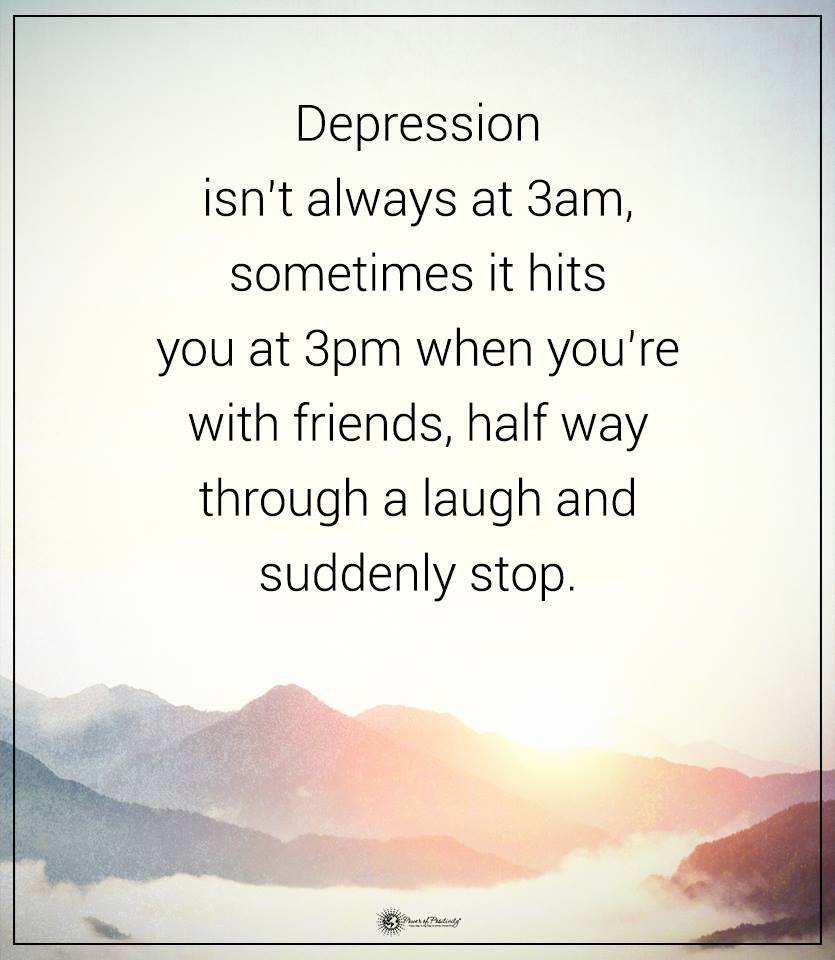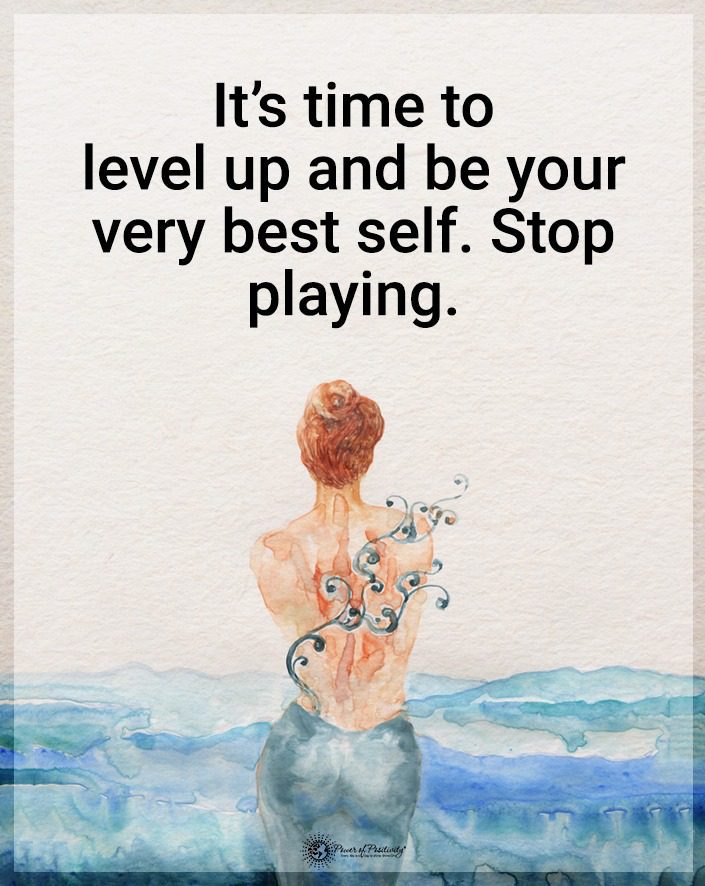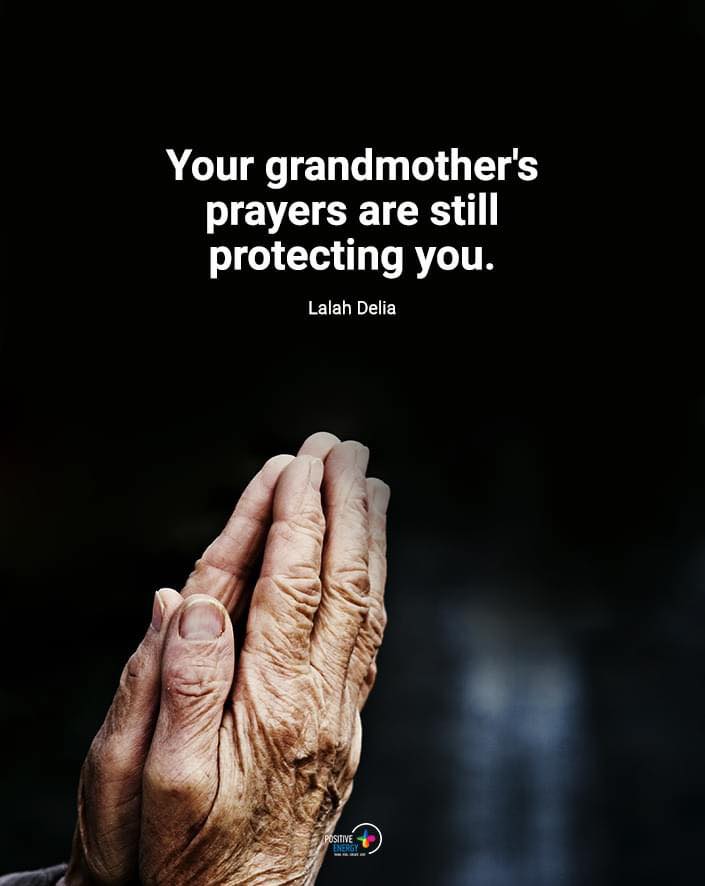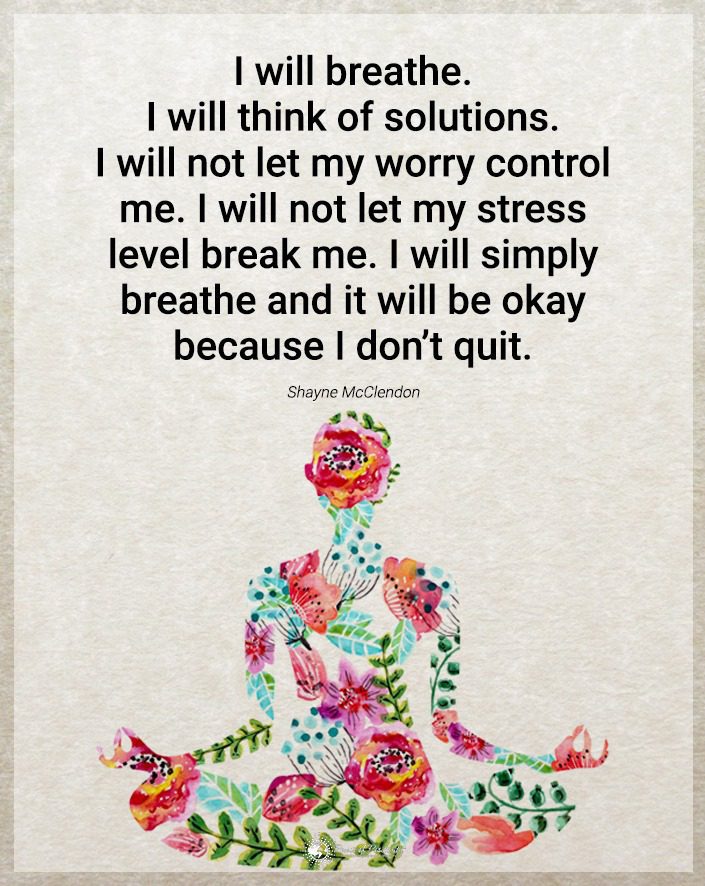Being stuck in the past leads to living your life longing for times you’ve lost. It can lead to fixating on people or memories you can’t get back, including a lost love, missed opportunity, or regrettable choice. It keeps you from moving forward if you can’t break free of those things.
Moving on from the past requires coming to terms with it and accepting how things played out. When you can do this, it helps you learn, grow, and express gratitude. If you can’t, it’ll hold you back and prevent you from living in the present.
Looking for the signs you’re stuck in the past can help you move on and make room for new things. It’ll help you stay present and embrace each moment as it comes.
Ten Signs Someone Is Stuck in the Past
Recognizing when you’re stuck can help you release the past and move forward. Here are some of the signs that you’re stuck in the past:

1 – You Resist Change
Life is constantly changing, and if you resist it, it shows that you’re stuck in the past. You must grow and adapt to the changes to make the most of every situation. You might refuse to try new things or hold on to old traditions that don’t work anymore. It prevents personal growth and
Change can be scary, but being open to it can make it easier to accept. It’s an essential part of life, and you can find improvement when you adjust.
How to Let Go: Remind Yourself That Change is Essential to Growth and Happiness
Sometimes all it takes to move on from the past is to remind yourself of the benefits. Consider the growth that will follow and how letting go can help you embrace happiness and progress.
2 – You Don’t Look Forward to Things
Not being able to look forward to things is a sign of being stuck. It might follow an achievement, failure, or milestone that leaves you wondering what’s next.
This situation can leave you feeling like there’s nothing to look forward to and nothing exciting coming your way. It might involve feeling like your best days are in the past, and it’s all downhill from there. When this happens, it can lead to retreating into the comfort of what’s behind you.
How to Let Go: Look for the Opposite Feeling
If you feel there’s nothing to look forward to, switch your mindset. There’s always an opposite feeling you can focus on. Use this time to think of everything about your future that may lead to excitement.
It’ll help you start looking forward to life again and allow you to move on from the past. It can also help you identify areas of your life to focus on moving forward.
3 – You Hold Grudges From Past Interactions
When you don’t forgive yourself or others, it shows that you’re stuck in the past. Holding grudges wastes your time and energy on what you can’t change. The resentment eventually grows and hinders your healing, causing you to relive the pain repeatedly.
Desiring revenge and wishing bad on others shows you’re holding a grudge. Forgiveness doesn’t minimize your pain or imply that what someone did to you was okay. Instead, it’s a way to take control of your life and feelings and move forward. It helps you heal emotionally and release intrusive thoughts about what happened.
How to Let Go: Practice Compassion for Yourself and Others
Practicing compassion for yourself and others can help you let go of grudges and offer forgiveness. No one is perfect, and accepting flaws can help you on your path to healing.
Self-compassion involves self-love, so many sure you take care of yourself. Focus on all the good things about you to replace the negative thinking that causes you to hold grudges against yourself.
4 – You Have Regrets About Past Decisions and Wonder What Could Have Been
When you frequently wonder what your life would be like if you made a different decision, it keeps you rooted in the past. You might think of missed opportunities or experiences and things you would have done differently. It won’t matter how much time has passed if you can’t release what you can’t change.
You might ask yourself if you’d be happier if you’d done things differently. However, this mindset is detrimental because there are many possibilities in life and no right or wrong choices. Thinking about all the potential routes can make you feel discontent and miserable while holding you back.
How to Let Go: Identify What You Want
Consider the areas of your life that cause the most regret and what you want to change about them. Whether it’s work issues, self-care, a relationship, or finances, think about how you can improve it.
Think of what an improvement looks like and how you can make it happen. Once you have a plan and start working toward it, you’ll notice you spend less time wondering what could have been.
5 – You Don’t Have Plans for the Future
If you don’t have plans for the future, you are likely stuck and in denial that the past is over. It’s time to start a new chapter, but you want things to stay as they were. You’re likely scared of the uncertainty of your future, so you avoid setting plans that force you to accept change.
How to Let Go: Reflect on Why You’re Stuck
Taking time to figure out why you’re stuck and what’s holding you back can help you move forward. When you know why you can’t let go, you can figure out what you must do next. Once you address your reasoning, you can practice shifting your thought process and making plans.
6 – You Turn Down New Opportunities
If you turn down every new opportunity that comes your way, you could be rooted in the past. Consider whether you’ve turned down promotions or avoided applying for them to begin with. You might stay in your hometown rather than move away, even if it would benefit you to leave.
Another example of turning down new opportunities is staying with someone you don’t love anymore because you’re afraid to end it. These choices are scary because they lead to change, but rejecting them shows that you aren’t moving forward.
How to Let Go: Talk to Someone Who Wants What’s Best for You
If you’re in this position, consider talking to someone who loves you and wants what’s best for you. Choose someone who will offer a safe space for you to open up and discuss your resistance to change. People who want what’s best for you can honestly remind you of your dreams and strengths, giving you the courage to move forward.
7 – You Reject Information or Feedback
Rejecting new information or feedback that challenges your beliefs can indicate that you’re stuck in the past. You won’t like constructive feedback because it forces you to stretch your comfort zone. When this is an issue, you’d rather ignore listening to this information because it’s not what you want to hear.
How to Let Go: Question Your Convictions and Open Yourself Up to New Ideas
If you want to let go of the past and move forward, you must open yourself up to new ideas. It might be uncomfortable initially, but listening to constructive feedback and new ideas can positively change your life.
Additionally, let go of old habits that don’t seem to help you anymore. Letting go of these things can help you make space for new ideas.
8 – You Wallow in Self-Blame for Your Past Actions or Behaviors
Blaming yourself for everything can hold you back and cause you to miss out on the present. While owning up to your mistakes is necessary, there’s a difference between that and unnecessarily blaming yourself.
Being too hard on yourself can cause you to experience overwhelming self-pity and doesn’t solve problems. You’ll stay rooted in the past and struggle moving forward until you stop doing this.
How to Let Go: Keep Moving
When you keep blaming yourself, consider staying moving. You might feel overwhelmed by things that happened today or years ago. Either way, moving your body can help you release it.
When the thoughts creep in, find something physical to do. You might choose dancing to your favorite music or working out at a gym. Find what feels good to you and helps you clear your thoughts.
9 – You Can’t Move on From Past Bad Experiences
Bad things happen, and trauma affects everyone differently. One trauma response that affects many people is not letting go of the past. Some of the signs of not having moved on from bad experiences include:
- ruminating on the bad experience
- being unable to talk about what happened
- avoiding things that trigger the memory
How to Let Go: Talk to a Professional
Find ways to move past your trauma to live in the present and move forward. It will be hard but essential for your mental health and overall well-being. Holding onto bad experiences prevents you from healing and affects every aspect of your life.
Consider talking to a professional to help you through the feelings and memories. A therapist can help you understand and offer guidance on how to deal with them.
10 – You’re Stuck in a Nostalgic Mindset
Memories are beneficial, and it’s okay to reflect on good times from the past, but you shouldn’t substitute them with new experiences. Too much nostalgia causes you to deny the present and miss out on what’s happening around you.
You’ll find yourself longing for something that doesn’t exist anymore rather than making new memories. It can make you lose sight of the good parts of your life and miss out on the present.
How to Let Go: Practice Gratitude
Practicing gratitude is one of the best ways to help you move forward and let go of your past. It keeps you focused on the good things in your life and promotes happiness.
Spend some time each day writing a gratitude list. If you want to challenge yourself, you can make it a point not to repeat anything on your list throughout the week or month. It helps you think beyond the obvious things you’re grateful for and realize that your life is better than you realized.
Final Thoughts on Signs Someone Is Stuck in the Past
Sometimes people get stuck in the past as a coping mechanism. They think focusing on the past is easier because it’s familiar. It involves habits and resisting change, even when it would be beneficial.
Being stuck in the past is detrimental to your life and well-being. It takes you out of the present and causes you to miss beneficial opportunities and experiences.
However, you can change your mindset and embrace the good stuff in your life. Moving on from the past can help you reach your full potential and experience improvement.


















